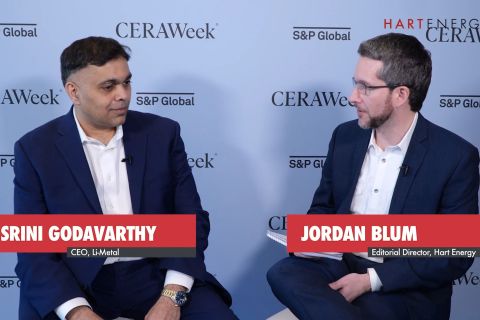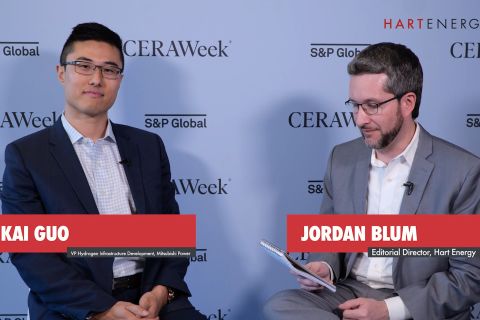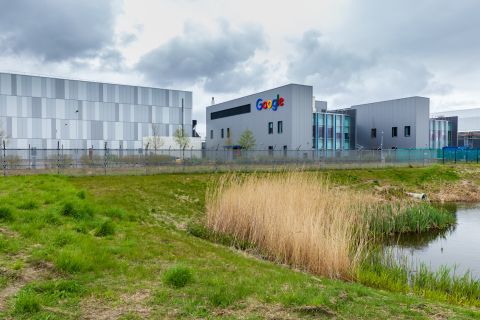Norway's risk management and quality assurance firm DNV GL has suspended work on the Nord Stream 2 gas pipeline project led by Russia's Gazprom for fear of being sanctioned by the United States, it said on Nov. 26.
Nord Stream 2 runs alongside the existing Nord Stream pipeline in the Baltic Sea and is designed to boost the amount of Russian gas that can be shipped to Europe without having to go through Ukraine.
Washington wants to stop the project as it fears the pipeline would strengthen Russian President Vladimir Putin's economic and political influence over Europe. The United States also wants to boost its own gas exports to the continent.
DNV GL said the United States had issued new guidelines for its Protecting Europe's Energy Security Act (PEESA), which targets the Nord Stream 2 project.
"Under these new guidelines, we find DNV GL's verification activities linked to vessels with equipment serving the Nord Stream 2 project to be sanctionable. DNV GL has therefore ceased delivery of services that may fall under the scope of PEESA," DNV GL said in emailed comments.
DNV GL said its work involved reviewing documentation and observing construction activities to ensure compliance with its standards. This included monitoring the testing and preparation of equipment used by vessels to install the pipeline.
It was not immediately clear what impact DNV GL's move would have on the project. Construction of the 1,230 km pipeline is nearly finished but a final stretch of about 120 km still needs to be laid in Danish waters.
Work was halted in December when pipe-laying company Swiss-Dutch Allseas suspended operations after U.S. sanctions targeted companies providing vessels to lay the pipes.
Nord Stream 2 declined to comment on the potential impact of the Norwegian company's decision saying it was not in a position to disclose commercial information.
"It is up to governments and the European Commission to protect European companies from illegal extraterritorial sanctions," Nord Stream 2 said.
While the $11 billion project is led by Russia's Gazprom, half of the funding comes from five European partners: Germany's Uniper and BASF's Wintershall unit, Anglo-Dutch oil company Shell, Austria's OMV and France's Engie.
Recommended Reading
Exclusive: Building Battery Value Chain is "Vital" to Energy Transition
2024-04-18 - Srini Godavarthy, the CEO of Li-Metal, breaks down the importance of scaling up battery production in North America and the traditional process of producing lithium anodes, in this Hart Energy Exclusive interview.
High Interest Rates a Headwind for the Energy Transition
2024-04-18 - Persistent high interest rates will make transitioning to a net zero global economy much harder and more costly, according to Wood Mackenzie Head of Economics Peter Martin.
Scotland Ditches 2030 Climate Target to Cut Emissions by 75%
2024-04-18 - Scotland was constrained by cuts to the capital funding it receives from the British government and an overall weakening of climate ambition by British Prime Minister Rishi Sunak, said Mairi McAllan, the net zero secretary for Scotland's devolved government.
Exclusive: Mitsubishi Power Plans Hydrogen for the Long Haul
2024-04-17 - Mitsubishi Power is looking at a "realistic timeline" as the company scales projects centered around the "versatile molecule," Kai Guo, the vice president of hydrogen infrastructure development for Mitsubishi Power, told Hart Energy's Jordan Blum at CERAWeek by S&P Global.
Google Exec: More Collaboration Needed for Clean Power
2024-04-17 - Tech giant Google has partnered with its peers and several renewable energy companies, including startups, to ramp up the presence of renewables on the grid.




